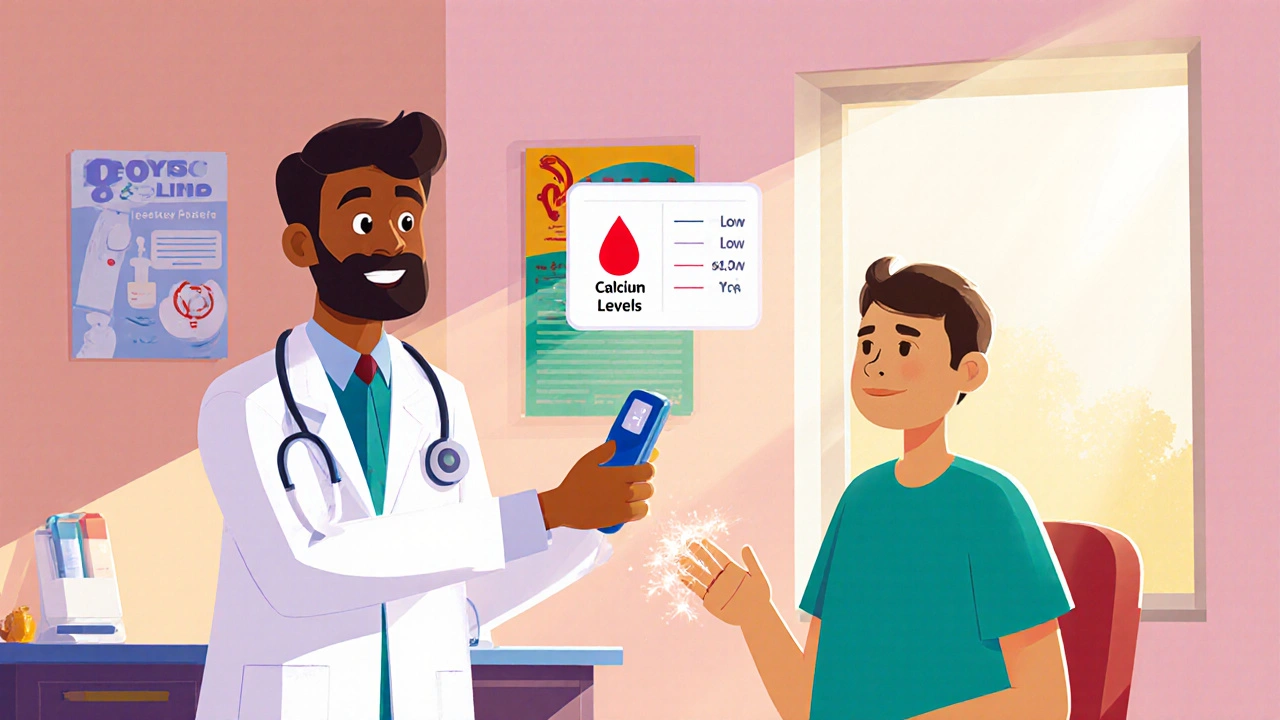Blood Sugar: What It Is, How It Affects Your Health, and What to Do About It
When you eat, your body breaks down food into glucose, a simple sugar that serves as the main energy source for your cells. Also known as blood sugar, it’s what keeps your brain alert, your muscles moving, and your organs running. But when glucose levels swing too high or too low, trouble follows — fatigue, brain fog, long-term nerve damage, or even diabetes. Your pancreas releases insulin, a hormone that acts like a key, unlocking cells so glucose can enter and be used for energy. If insulin doesn’t work right — because you don’t make enough or your cells ignore it — glucose builds up in your blood. That’s when you’re at risk for diabetes, a chronic condition where high blood sugar damages blood vessels, nerves, and organs over time.
High blood sugar doesn’t always mean you have diabetes. Stress, poor sleep, certain meds, or even a big sugary meal can spike it temporarily. Low blood sugar — often from skipping meals or taking too much diabetes medication — can make you shaky, sweaty, or confused. Both extremes need attention. What most people don’t realize is that managing blood sugar isn’t just about cutting sugar. It’s about balancing carbs, moving your body, getting enough sleep, and knowing which foods keep levels steady. Many of the posts here come from people who’ve been there: tracking their numbers, switching meds, trying new diets, or learning how to avoid the crashes that leave them drained by noon.
Below, you’ll find real guides on how medications, lifestyle changes, and even unrelated treatments can affect your blood sugar. Some posts talk about drugs that help control glucose, others show how conditions like kidney disease or hormonal shifts mess with your numbers. You’ll see how people handle side effects, what works when one plan fails, and how to talk to your doctor about what’s really going on. This isn’t theory. These are the tools and stories people actually use to take back control — one meal, one check, one day at a time.

